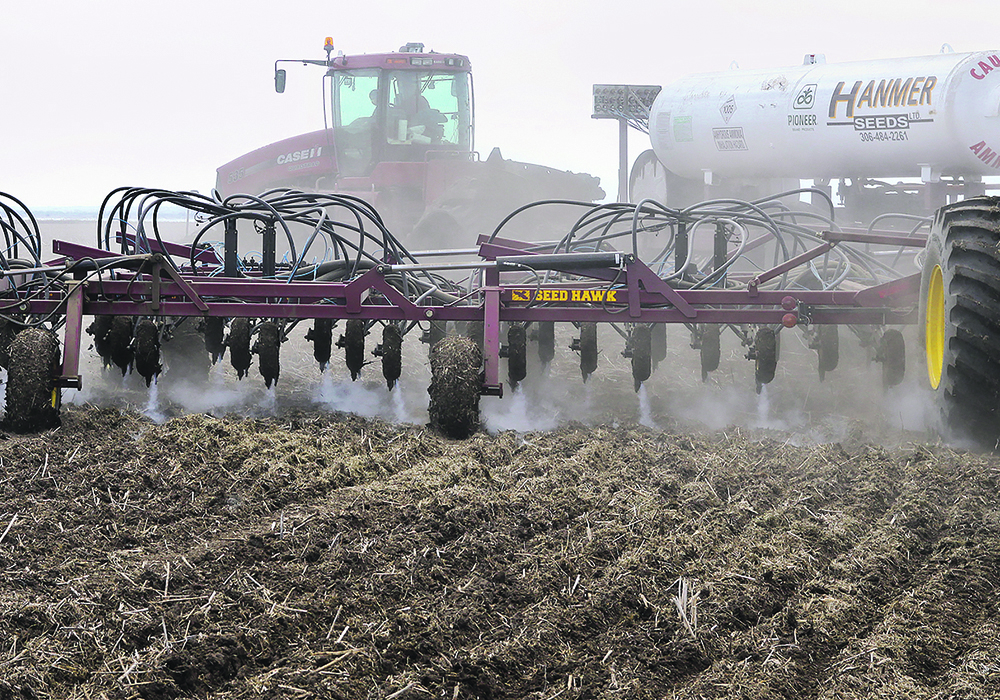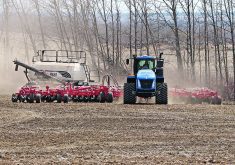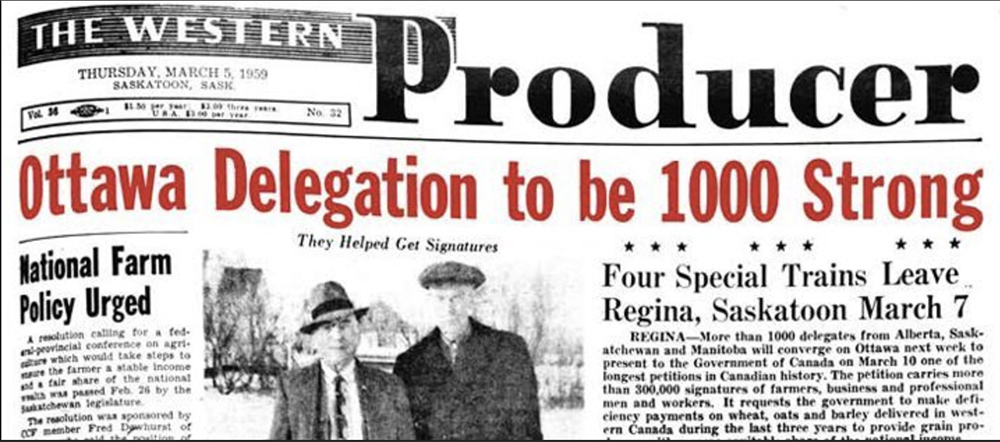European politics are notoriously intricate, and the recent EU elections highlighted a growing fatigue in the West toward urban-centric policies that impact agriculture.
Following months of farmer protests across Europe, the Green Party, previously the fourth largest party, lost 19 seats and slipped to sixth position in the EU Parliament. This shift suggests that Europeans are increasingly eager for Europe to compete against China and the United States to bolster its economy.
The political upheaval was particularly pronounced in France. President Emmanuel Macron called for snap elections for the National Assembly. Belgium’s president has resigned. Germany is experiencing similar turbulence, with the Social Democrats seeing support erode.
Read Also

Invigor Gold variety viewed as threat to condiment mustard
Invigor Gold, the canola-quality mustard developed by BASF, is on a collision course with Canada’s condiment mustard industry. It’s difficult to see how the two can co-exist.
The farmers’ revolt, peaking in January and February, has affected most EU members. This uprising is fueled by escalating production costs, foreign competition, declining incomes, environmental restrictions and onerous administrative procedures. In essence, amid turmoil, it seems farmers’ voices have finally been heard.
From a food security standpoint, the situation in Europe is deteriorating. Extreme agricultural policies that empower the state to control farming have rendered Europe less food secure. The results of the EU election will have a profound impact on the continent’s future food security.
Farmers have been burdened by bureaucratic policies and restrictive regulations. Government oversight has reached extremes, with satellite images being used to monitor compliance, triggering automatic notifications if discrepancies are detected.
Even before the election, the EU Parliament was under pressure. Facing mounting tension, several environmental regulations, including pesticide rules, were either diluted or repealed. This relaxation of green objectives may indicate a broader trend with the new parliament.
We have witnessed a significant shift in regulatory approaches in Europe, causing the continent to retreat from exports and focus on self-sufficiency. For instance, Europe’s pork production, one of the world’s most popular animal proteins, is down by three million tonnes from 2021. Grain production is also languishing, making it increasingly difficult to feed livestock.
The EU projects that overall cereal production this season will be 4.3 per cent below the five-year average, due to adverse weather conditions but also because farmers feel unsupported and lack incentives. Europe’s struggles have created opportunities for Brazilian and American producers, who are now targeting markets previously served by Europe. Canada should follow suit.
While the United States views Europe’s self-inflicted food insecurity as a chance to expand its market reach, Canada seems enamoured with European-style, urban-centric agri-food policies. The EU’s experience serves as a critical case study for Canada on what not to do.
Undermining farmers and disregarding their expertise is not only reckless but also perilous for citizens and the economy. For effective environmental stewardship, governments must prioritize farmers’ insights. Their knowledge is invaluable, surpassing that of vocal NGOs and federally funded entities like the Canadian Climate Institute or the Smart Prosperity Institute.
Sylvain Charlebois is professor of food distribution and policy at Dalhousie University and senior director of the Agri-Food Analytics Lab.

















